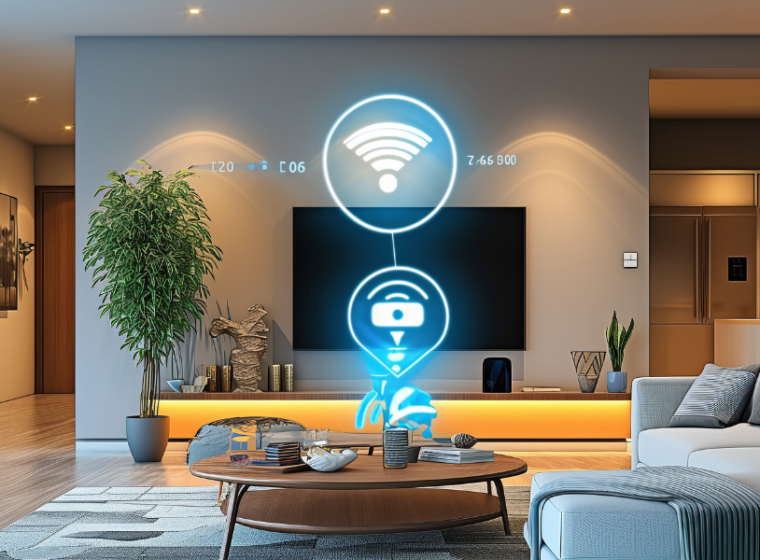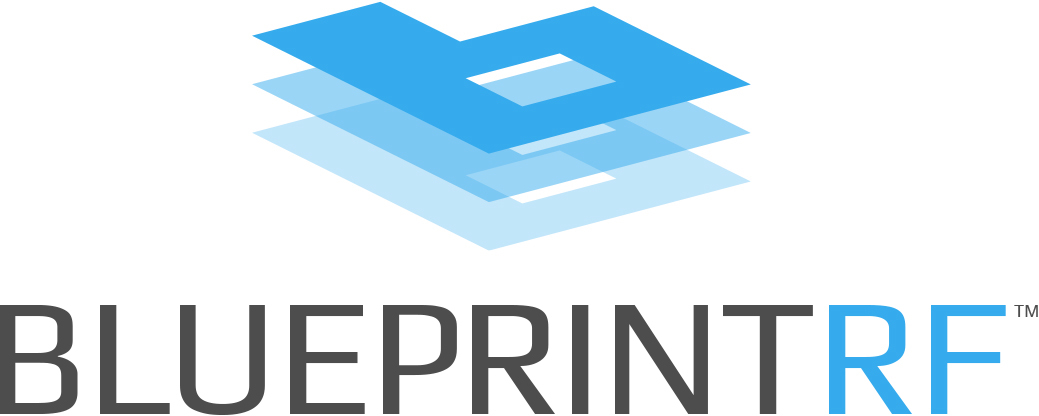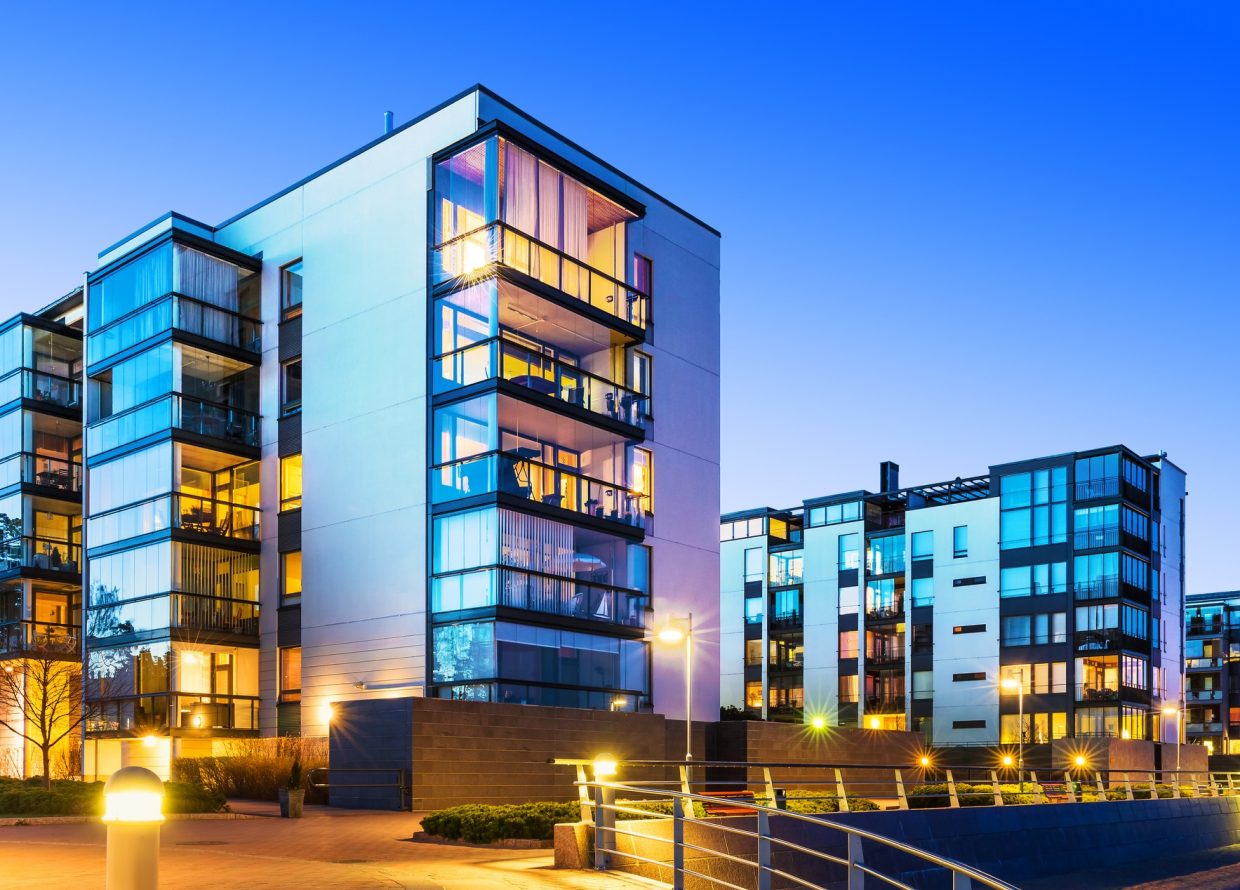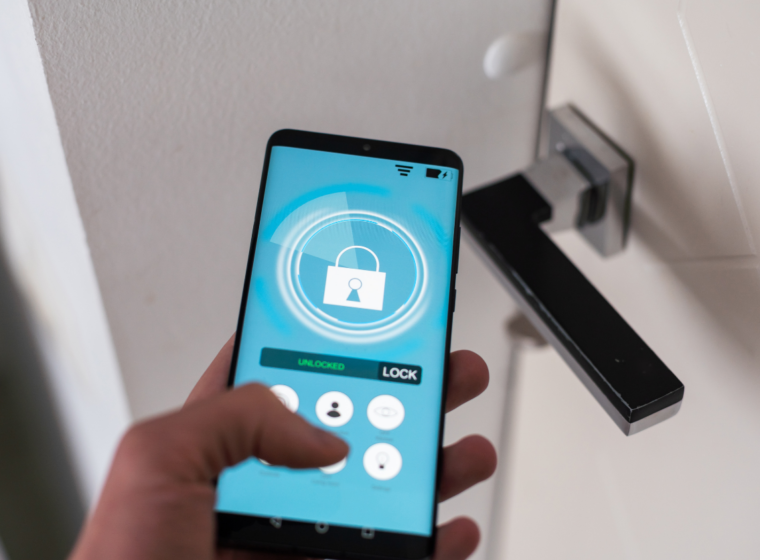Property-wide wireless Internet in multiple-dwelling unit (MDU) complexes has become a standard expectation. Managed WiFi for MDUs has become increasingly in-demand as today’s property owners and managers compete to provide the most appealing and up-to-date amenities for their communities.
Whether it’s an apartment complex, assisted living facility, or college dorm, there are unique challenges when deploying WiFi for MDU environments. In cases of properties with hundreds or thousands of units, delivering high-performance wireless connectivity to residents requires a host of design considerations.
Getting the most from an MDU WiFi network requires grasping the challenges, design strategies, implementation process, and desired outcomes after installation. Below we discuss how to maximize the Internet capabilities of specific MDU environments with the right managed WiFi solutions.
MDU WiFi for Apartment Buildings & Residential Complexes
Most residents consider Internet and WiFi connectivity to be one and the same. An apartment building that’s well-equipped with MDU WiFi enables residents to utilize a connection without having to deal with Internet service providers directly. Property-wide WiFi is a big win, not only for the convenience of residents but also to support a range of IoT-enabled devices that apartment buildings thrive on, such as access control, temperature regulation, lighting, and voice-activated systems.
For landlords and property managers, providing high-capacity managed WiFi services for residents can generate extra revenue while offering a competitive edge in attracting new tenants. Conversely, requiring residents to acquire their own internet and cable can mean missing out on substantial annual revenue by not offering these services directly.
In MDU’s where residents must source their own WiFi, hundreds of routers compete for the wireless spectrum. A managed WiFi service will better coordinate the network’s design and access points to make optimal use of the limited wireless spectrum. In turn, the MDU as a whole can enjoy secure, high-speed, property-wide WiFi.
MDU WiFi for College Dorms & University Campuses
Today’s college students expect fast, secure, and consistent WiFi from any dorm room, department building, or university center. From student living facilities to classrooms, the entire campus heavily relies on a solid WiFi connection to support many different activities like taking online classes, conducting research, submitting homework assignments, and maintaining social relationships.
Data from College Explorer indicates that the average college student brings seven Internet-enabled devices to campus. Smartphones, tablets, laptops, desktops, printers, videogame consoles, and smart TVs – name any device, and your average undergrad student more than likely owns it. When it comes to delivering WiFi for college campuses and university MDU’s, campus wireless networks and the IT professionals who manage them must keep pace with the increased demands of college students.
MDU WiFi for Senior Care & Assisted Living Centers
As more and more older adults adopt smartphones, tablets, and Internet-enabled technologies, MDUs like senior care and assisted living facilities must keep pace with wireless demands. Not only do residents rely on Internet connectivity to stay in touch with their loved ones, but many wireless-enabled technologies are lifelines in themselves, including health monitors, motion sensors, and locators.
Staff use and infrastructure demands also rely heavily on the MDUs WiFi network. In addition to a range of phones, tablets, laptops, and PCs, senior care networks must also support maintaining secure, HIPAA-compliant patient records. In an assisted living environment where patient health records need to be accessed frequently, it’s especially critical to have a reliable managed Internet network to support such activities.
As significant portions of the world’s population continue to age, the demand for high-speed WiFi connectivity in assisted living and senior care centers continues to escalate. Pew Research shows that more than half of seniors ages 65 and older own smartphones, and the number is rising. The next generation of smart wireless technology will soon accommodate most assisted living facilities as it does apartment buildings and college campuses.
From the volume of residents to the infrastructure that supports their daily life, MDUs can greatly benefit from managed WiFi services. To learn more about MDU WiFi solutions, contact BlueprintRF for more information.









